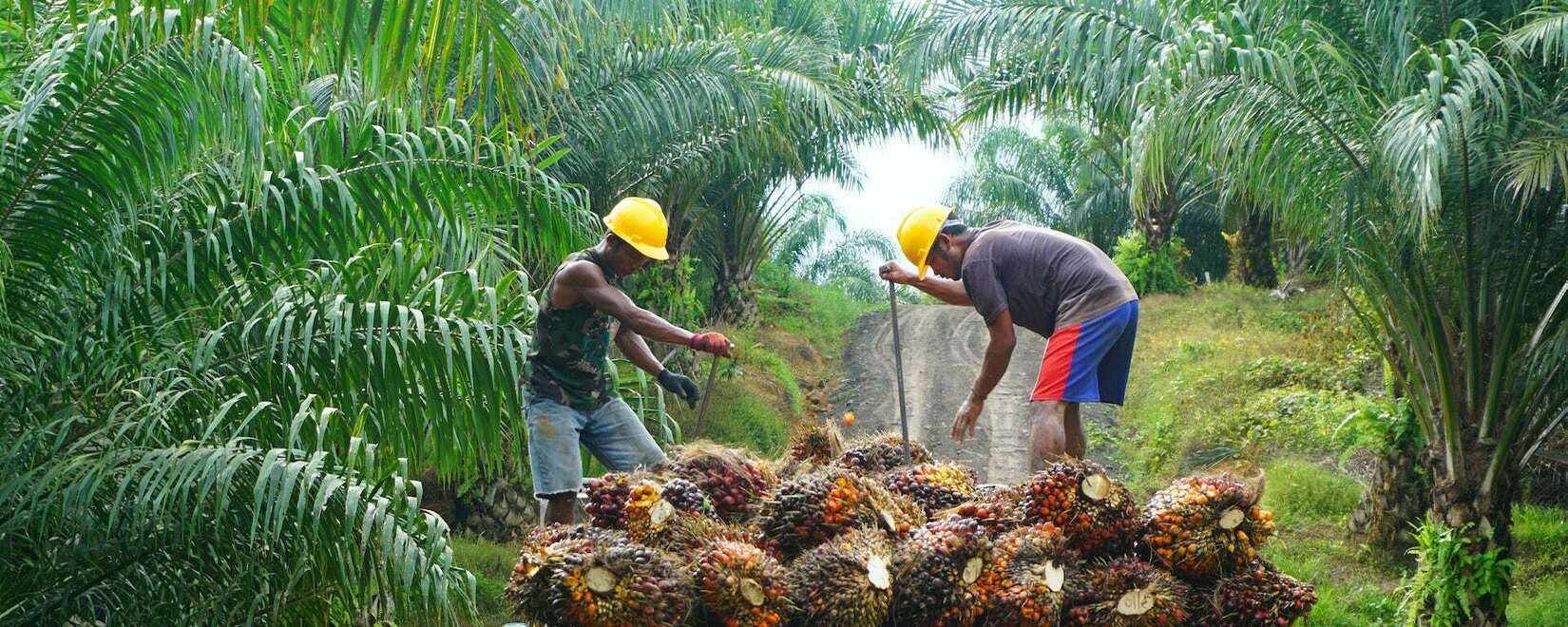Palm oil exports have been a thorny issue for Indonesian diplomats in 2023, especially in light of trade deal negotiations between the European Union (EU) and Indonesia, as well as the EU Deforestation Regulation (EUDR), causing discontent at the highest levels.
However, the coming year presents an opportunity for Indonesia to turn its achievements in decoupling palm oil production into a leading sustainable palm oil offering in the global market and make this part of its growing status as a global leader.
European and global attitudes towards Indonesian palm oil are still defined by images of burning forests and the resulting smog problems over the past decade, and have not matched the government's impressive progress in reducing deforestation and decoupling the palm oil industry.
It is estimated, based on data from the Ministry of Environment and Forestry, that by the time EUDR production ceased, 99% of Indonesian palm oil was produced without deforestation.
Data for 2022 shows that 104,000 hectares of forest were lost, but less than half of this was likely to be palm trees.
This means Indonesia's palm oil has a low risk of deforestation and does not require further scrutiny by the EU market.

 Trading platform
Trading platform 
 Monitoring
Monitoring  Express applications
Express applications 
 Fork Work
Fork Work 
 Service
Service  News
News  Directory
Directory 
